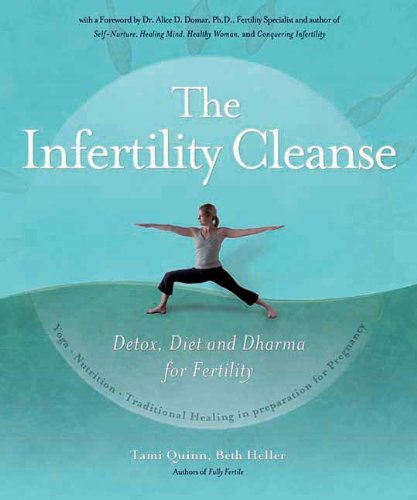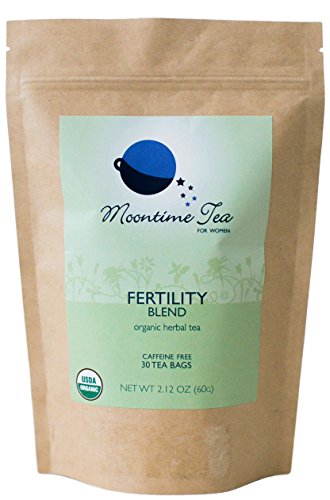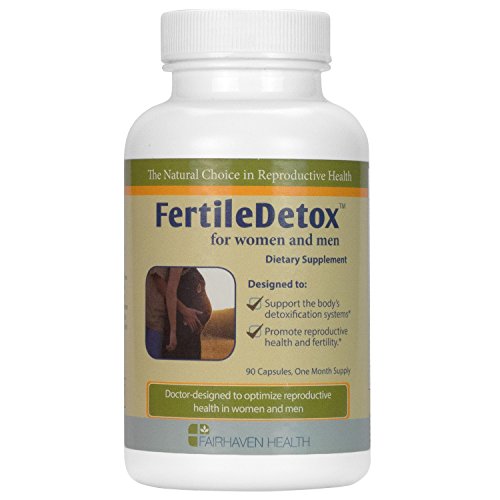Did you know that infertility can be affected by environmental toxin exposure?
I didn’t and I was amazed when I started researching it. I thought toxins only affected our current health.
I didn’t realize it could affect fertility, but it makes sense when you take a closer look.

Exposure to Toxins Harms Us And Our Unborn Children
Researchers and doctors concerned with reproductive health are making headway into realizing the harm chemicals present in the environment.
The American society for reproductive medicine and the American college of obstetricians and gynecologists have demanded policy changes that will help limit the exposure of pregnant women to harmful chemicals.
The committee’s opinion is based on a two-year study reviewing scientific evidence on toxins.
Toxins and harmful chemicals present in the environment are already increasingly causing diseases such as autism, birth defects, breast cancers, infections, and other mild diseases.
Each year, around 700 new chemicals are introduced in the US, and manufacturing makes use of more than 84,000 substances.
Such evidence points toward the fact that the environment is a bigger culprit than genetics, which the doctors believe haven’t changed much in the last 20 to 40 years.
Toxins affect fertility by accelerating the aging of eggs, changing hormonal balance, affecting the menstrual cycle, or sperm numbers.
While these may limit pregnancy it can also increase the chance of miscarriage or birth defects in early pregnancy while affecting fetus growth in later stages.
What Can You Do
Environmental toxins are present all around us – from the foods we consume to the water we drink and the air we breathe.
Start by doing some research on the EWG.com website. It’s a great resource on environmental toxins.
You can start with this article about the top 6 things that affect male fertility.
You have to embrace the issue for yourself or you won’t be willing to make the changes needed.
Once you are on board with the idea that environmental toxins can affect your chances of becoming pregnant then you can start making changes.
These changes will not only improve your chances of becoming pregnant but also improve your overall health.

Here are some changes you could make without much effort:
- Eat more organic or locally grown foods
- Limit the intake of processed foods
- Remove air fresheners in your home
- Drink filtered water
Bottom line…Do some research. Let go of the past.
Don’t stress about what you’ve been doing. Just do what you can and let go of what you can’t.
Move forward to your healthier life by decreasing toxin exposure where you can.
To your health,
Stacy
PS. To reduce the toxins that are already in your body, I recommend the Isagenix 30 Day Cleansing System. It’s full of superfood nutrition and cleansing components that will help your body release toxins, improve your health and help you lose weight if you need to.
The Infertility Cleanse: Detox, Diet and Dharma for Fertility The South Beach Wake-Up Call: Why America Is Still Getting Fatter and Sicker, Plus 7 Simple Strategies for Reversing Our Toxic Lifestyle
The South Beach Wake-Up Call: Why America Is Still Getting Fatter and Sicker, Plus 7 Simple Strategies for Reversing Our Toxic Lifestyle Organic Fertility Tea, 30 Teabags
Organic Fertility Tea, 30 Teabags FertileDetox – Fertility Cleanse for Women & Men, Battle Endocrine Disrupters Before Trying to Conceive
FertileDetox – Fertility Cleanse for Women & Men, Battle Endocrine Disrupters Before Trying to Conceive









